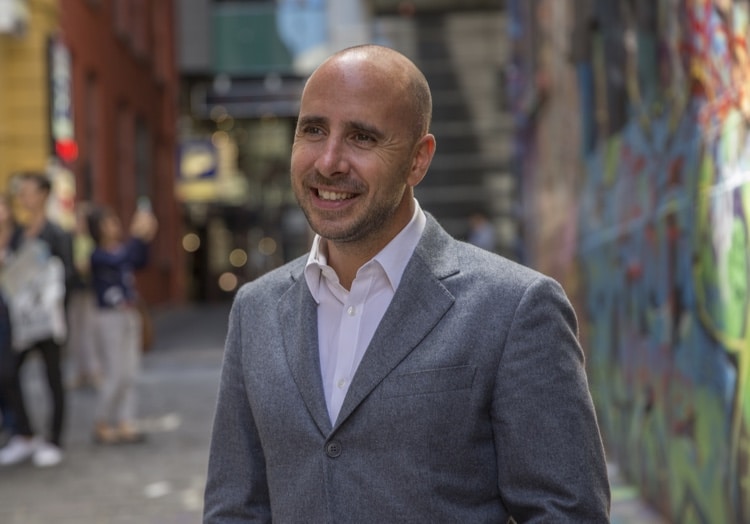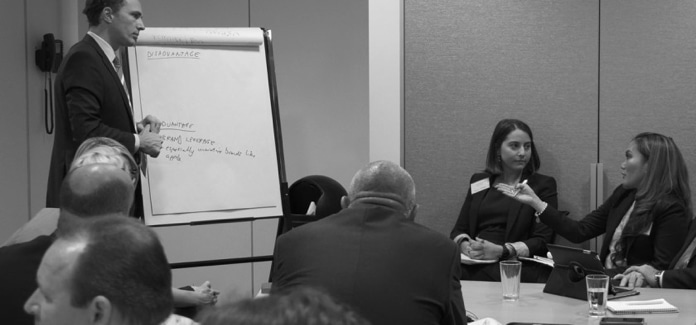When global business school Dūcere teamed up with the University of Canberra to launch their MBA program in early 2015 the goal was simple – deliver an MBA with real world value.
Dūcere takes great pride in the unique structure of their MBA and believes it gives them a unique edge in the competitive market for new students.
Where traditional motives for obtaining an MBA typically include the credibility of the name, Dūcere focusses on the practical applications that come with the qualification.
“I think historically it was about having the letters M-B-A around your name,” Dūcere Founder Mathew Jacobson (below) said. “But for current and future students that’s not enough.
“I think what students really want in an MBA is something that is actually going to help them in their career and career advancement, with real skills and real networks that will help them solve problems in the future.”

After determining what the industry outside of the academic sector needs from an MBA holder, they then design a program which allows MBA students to learn how to meet the needs of employers and organisations.
Dūcere also do away with exams, and instead provide a practical element in their program which provides students the opportunity to apply their knowledge in the real world.
“Our MBA is very different in its delivery. We don’t have traditional subjects,” Mr Jacobson said.
The program includes multi-disciplinary projects within the public, private and NFP sectors, working with “real world leaders” like business CEOs, presidents, entrepreneurs and nobel prize winners.
Despite this unique approach, Dūcere do include a theoretical component, ensuring the program still provides the necessary knowledge that allows students to understand the inner workings of an MBA-related knowledge before releasing students out into the world.
“We work with organisations that provide complex real-world issues that students get to work on solving, so it becomes an environment where students feel like they are working on real-world problems, and the value of their work is actually going somewhere.”
The MBA program is delivered through a highly structured online model, which includes engaging educational materials like videos, quick-time Q&A outlets and live webinars.
Dūcere CEO Jack Hylands said the online engagement tools are ahead of the curve compared to most Australian online education opportunities.
A disadvantage of online study is the lack of experiential learning that typically comes from a classroom environment, but Mr Hylands said the lack of face-to-face interaction is offset by the ‘project teams’ that MBA students are placed in for the practical component of the program.

He said their program’s project model allows students from day one to engage several times a week with each other and Dūcere’s industry partners within their project teams.
“At no point are our students going through the program on their own,” Mr Hylands said.
Mr Jacobson said “the proof is really in the pudding” when it comes to the program’s success. With high graduation and satisfaction rates, Dūcere and the University of Canberra have seen students switch from their previous universities to enroll in their MBA program.”
The partnership between Dūcere and the University of Canberra to deliver the MBA program was developed as a way to bind the tradition of a reputable institution with an innovative and disruptive modern company.
Mr Jacobson said the two organisations work off the other to create a “fantastic collaboration”.











